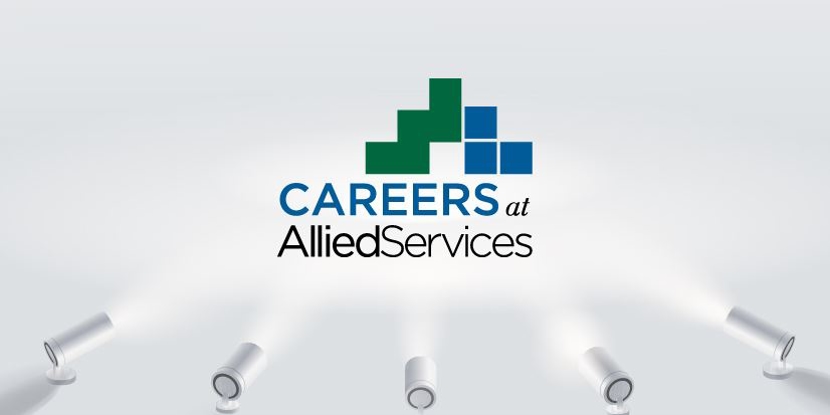Brain Injury Awareness
- Category: News
- Posted On:
- Written By: Allied Services Integrated Health

Brain Injury Awareness
March is brain injury awareness month. Every year there are approximately 2.9 million visits to the emergency room secondary to brain injuries. They also result in nearly 300,000 hospitalizations and 58,000 deaths a year. These injuries may not only have a significant negative impact on the patients that they afflict but also on those involved in their lives and their care. Brain injuries can cause multiple physical impairments such as weakness, balance difficulties, visual deficits, and swallowing impairments to name a few. They often affect one from a multifactorial perspective involving their cognition, personality, mental health, judgment, and safety. The brain is the essence of who we are.
Traumatic injuries to the brain can occur in many ways most commonly falls, being struck in the head by an object, and motor vehicle accidents. The brain is also susceptible to non-traumatic injuries like strokes, tumors, metabolic disorders, and infections. The recent COVID-19 pandemic has placed an increased awareness on the latter.
The brain is complex and injuries sustained to it need a comprehensive treatment approach. The patient requires a multidisciplinary team to organize a treatment plan and approach to maximize and optimize their recovery. The comprehensive treatment team consists of a physiatrist, an occupational therapist, a physical therapist, a speech therapist, nursing services, psychological counseling, social services, and possibly a neuropsychologist. The team needs to focus not only on the patient as a whole but education and training for the involved family and caretakers. The goal is to get the patient back to their pre-injury status or as close as possible as well as help the family and involved caretakers adjust to the new challenges brought forth by the injury to the brain.
In addition to becoming aware of brain injuries and their significance, March serves as a reminder to also focus on prevention. This includes wearing a seat belt while in a car, wearing a helmet while on a motorcycle or participating in certain sports, preventing domestic abuse, and rehabilitating the elderly to avoid falls for traumatic injuries. For non-traumatic injuries, we can maintain social distancing, wash our hands frequently, wear a mask and observe for signs of neurologic changes.
Many infectious and metabolic disorders result in injury to the brain. In these trying times, the COVID-19 pandemic has brought this fact to the forefront. The COVID-19 virus affects multiple organs systems including the central nervous system which encompasses the brain.
The negative effects of the virus are many, both short and long term, some know and some unknown. It is for this reason that rehabilitative programs like Allied Services have been actively involved in a Post-COVID-19 assessment and recovery program. Perhaps it is not by chance that March is a month to become aware of brain injuries as it is the month of the vernal equinox in our hemisphere. We can emerge from the shroud of darkness and bring the awareness of brain injury to the light.
Dr. John A. Kline,Jr is Medical Director of Allied Services Heinz Rehab Hospital in Wilkes-Barre. He is a partner at Northeastern Rehabilitation Associates and is certified by the American Board Physical Medicine & Rehabilitation, the American Board of Pain Medicine, and the American Board of Independent Medical Examiners. He serves as a Clinical Assistant Professor of Surgery for the Commonwealth Medical College.
Learn more about rehabilitation specialists and programs for traumatic brain injury here.



